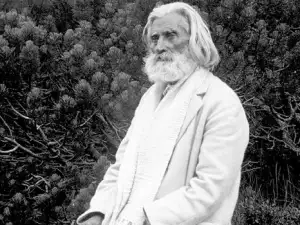Selective eating is one of the most popular and celebrated weight loss methods. This eating method has an extraordinary amount of supporters, but no few opponents either.
For decades, selective eating has been viewed not as a diet but more like a way of life and general eating habits. There are no doubts to the benefits of selective eating for gastrointestinal problems and cardiovascular diseases.
Dr. Hay is considered to be the father of selective eating. His systemized food menu model of interrelated tables allows for the reduction of the burden on the body by combining different products, which are compatible.
The differentiation of products is strict, but at the same time allows for a wide selection and the opportunity for various combinations. Even so, selective eating has strong opponents.

The expert nutritionists, who deny the benefits of selective eating, are many. Most of them label this food regime as "fake" because it throws the body's normal and natural digestion out of balance.
The opponents of Dr. Hay point to human history and more specifically, the physiological development of humans. It, along with the developments in cuisine, show that man is tailored to eat various and mixed foods.
Sticking to a selective eating system leads to a risk of our body unlearning how to digest mixed foods and will get it in the habit of only dealing with selective combinations, which according to many nutritionists, is much more than harmful.
Another downside to selective eating according to its furious opponents is that it does not allow for the enjoyment of the actual eating process, which is no small factor. Dr. Hay's system, according to many, goes against traditions in eating and leads to the constant feeling of hunger.




















Comments